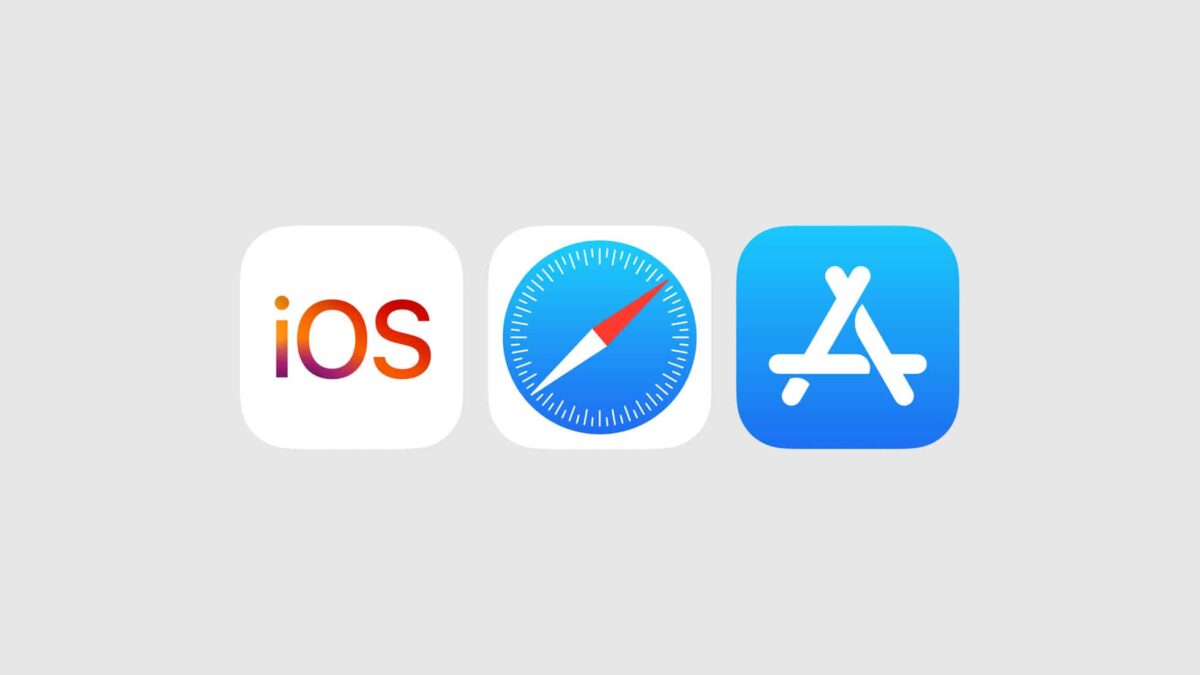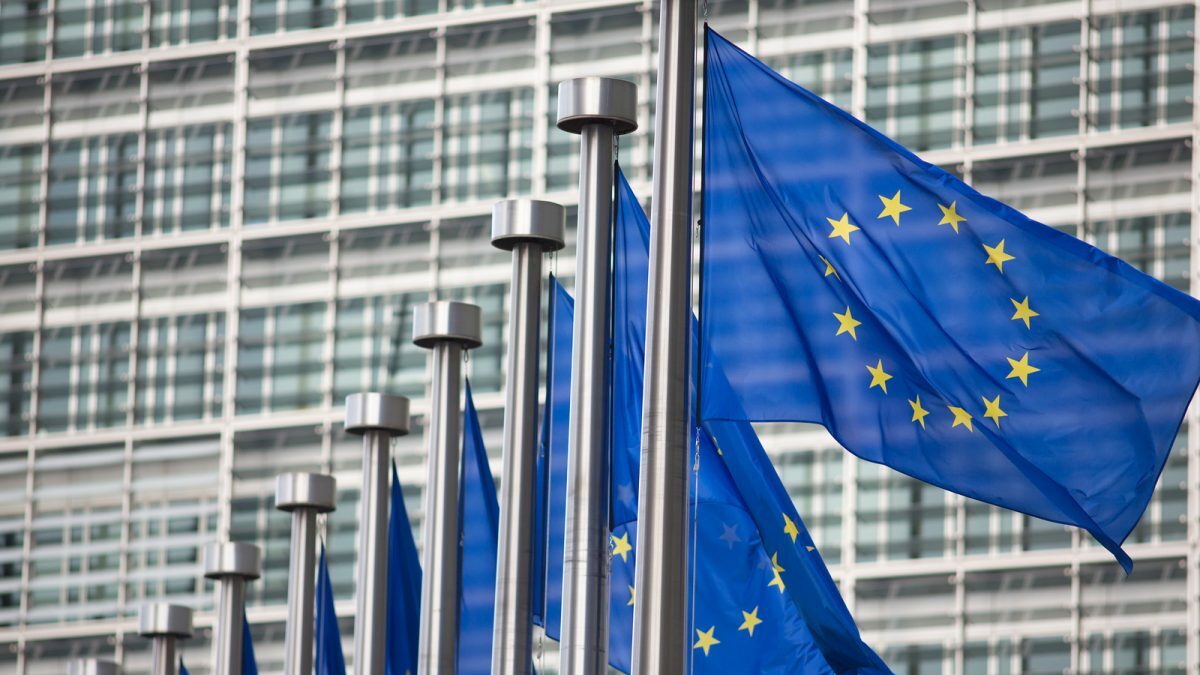Apple is set to make groundbreaking changes to its web browser policies for iPhone users in the European Union with the release of iOS 17.4. These changes are driven by the need to comply with the Digital Markets Act, a regulatory framework that aims to foster a more competitive and fair digital market.

Apple surrenders browser monopoly in Europe with iOS 17.4
One of the most notable features of iOS 17.4 is the option for users in the EU to set third-party browsers as their default on iPhones. When launching Safari for the first time, users will be prompted to choose their preferred default browser from a curated list. This list includes popular choices such as Microsoft Edge, Brave, Firefox, Google Chrome, Opera, and DuckDuckGo. This change enhances user choice and provides a more customized browsing experience.
Historically, all browsers on iOS were mandated to use the WebKit engine, the foundation behind Safari. With iOS 17.4, Apple is opening up the iPhone to allow third-party browsers to use different web engines, breaking away from WebKit exclusivity. Notably, browsers like Chrome and Firefox can now utilize their native engines, Blink and Gecko, respectively, potentially offering users enhanced features and improved performance compared to Safari.
“The changes we’re announcing today comply with the Digital Markets Act’s requirements in the European Union, while helping to protect EU users from the unavoidable increased privacy and security threats this regulation brings. Our priority remains creating the best, most secure possible experience for our users in the EU and around the world,” said Phil Schiller, Apple Fellow. “Developers can now learn about the new tools and terms available for alternative app distribution and alternative payment processing, new capabilities for alternative browser engines and contactless payments, and more. Importantly, developers can choose to remain on the same business terms in place today if they prefer.”
These policy changes directly respond to the EU’s Digital Markets Act, which comes into effect in March. The act aims to create a more competitive and fair digital market by addressing issues related to market dominance and unfair business practices. Apple’s decision to allow alternative browser engines and more flexibility in default browser settings aligns with the act’s requirements and reflects the increasing antitrust pressure on major tech companies.

The shift towards allowing third-party browsers with different engines is expected to diversify the browser ecosystem on iPhones in the EU. Users can anticipate a more varied range of web applications, potentially faster performance, and innovative features. However, concerns have been raised about the potential impact on web development, with developers needing to adapt to the changing browser landscape.
Apple is reportedly strengthening its WebKit team to prepare for heightened competition from third-party browsers. This strategic move suggests that Apple aims to enhance Safari’s competitiveness in the face of new entrants in the browser market.